Coalition election hopes left in the hands of juggler Josh Frydenberg
The Coalition is at risk of not only losing government, but a future leader.
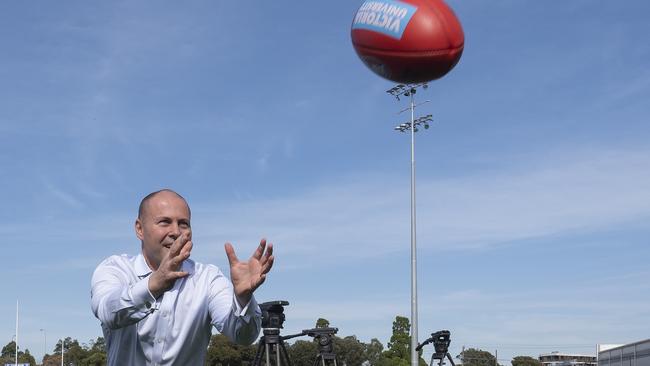
No treasurer in recent history – not Scott Morrison, Joe Hockey, Wayne Swan, Peter Costello or Paul Keating – has had so much at stake at one election. The Coalition is on the ropes, at risk of not only losing government but being decimated in its heartland and losing a future leader.
“There is a lot riding on the shoulders of all those in the leadership group,” Frydenberg tells Inquirer in an exclusive interview. “You are right. I’ve got multiple responsibilities and I’m seeking to fulfil them to the best of my ability. I’ve really enjoyed campaigning interstate with colleagues and the mood on the ground has been positive.”
Ever the optimist, Frydenberg is the Coalition’s Energiser Bunny. The Treasurer and deputy Liberal leader does not stop. He campaigns endlessly, talks to the media, phones MPs and candidates, often eats on the run and needs only a few hours sleep. Frydenberg knows it is all on the line.
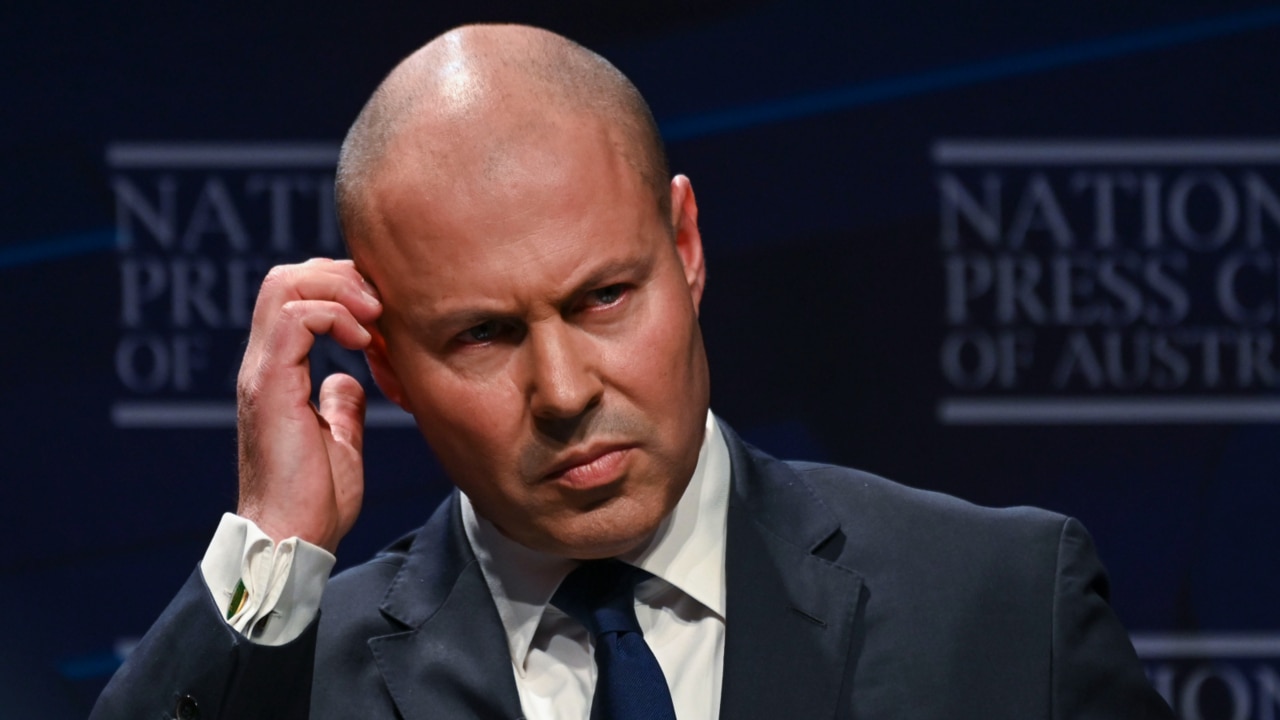
His seat of Kooyong – once held by the Liberal Party’s principal founder, Robert Menzies, and two-time leader Andrew Peacock – is under siege from independent Monique Ryan, director of neurology at the Royal Children’s Hospital. Ryan is a former Labor Party member turned teal independent backed by corporate entity Climate 200.
“In Kooyong, we have a big battle on our hands,” Frydenberg concedes. “It’s going to be a closely fought race and people need to understand the consequences of voting for a fake independent: it would lead to a greater likelihood of a hung parliament. A vote for a fake independent is a vote for the Labor Party.”
It is a well-rehearsed line. In 2019, Frydenberg faced another uphill battle in Kooyong when challenged by Greens candidate Julian Burnside, independent Oliver Yates and Labor’s Jana Stewart. Frydenberg easily retained Kooyong with a primary vote of 49.41 per cent. It will be much tighter as he seeks a fifth term.
“We are doing everything we can to win but it’s going to be a close contest and I don’t take anything for granted,” he vows. “But I think people now are starting to have a closer look at what the consequences of voting for these so-called independents will be.
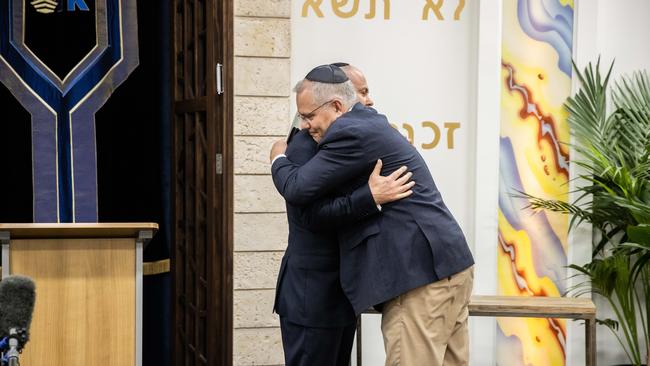
“They talk a lot about accountability, but don’t produce any detailed policies or costings. They talk a lot about integrity, but they won’t say where the dollars are coming from and who is really pulling the strings. And they talk a lot about transparency, yet they won’t tell you how they are going to vote on the other side of the election.”
Soaring inflation has confirmed cost-of-living pressures as a key election issue. The 5.1 per cent annual inflation rate announced this week reflects what Australians already know: food, fuel, health, transport and education costs are going up. The Reserve Bank is expected to lift the official cash rate next week or next month, prompting banks to increase mortgage rates.
“It’s been a pretty rough couple of years for Australians as we’ve battled Covid,” Frydenberg notes. “Yet we’re seeing the restrictions starting to ease and the economic recovery has real momentum. We’ve come through the pandemic with a stronger and faster recovery than every major advanced economy in the world. And if you think that is luck, you are wrong because if it was luck then every country would be seeing the same results, but they are not.”
The economy is growing, unemployment is low and the investment pipeline is strong. The response to the pandemic, with low mortality and infection rates, and high vaccination levels, is also comparatively impressive. But the lived experience of voters, feeling the pinch at the supermarket and the petrol bowser, and remembering delayed vaccinations and scarce rapid antigen tests, may not reward the government.
“Polling day is three weeks away and I think things will continue to tighten up,” Frydenberg expects. “We started the election as the underdog. Covid has been very disruptive and I don’t think people have made up their minds yet. And we also know from past experience that polls shouldn’t be taken as gospel.”
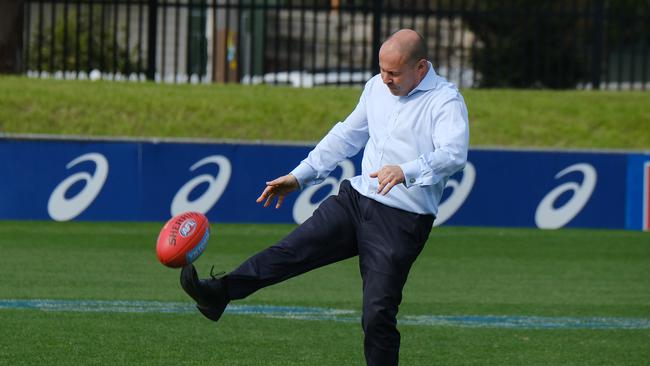
Although wages have remained stagnant or gone backwards in real terms for many Australians, Frydenberg notes Treasury’s forecast for wages is that they will increase due to a competitive labour market. He is eager to highlight the government’s record on job creation, investing in apprenticeships, encouraging worker mobility across state boundaries and working with business to better align training with job needs.
“I’ve laid out our plan for future growth and job creation in the budget and that is: the investment in small business and skills, in the energy transition, in research and development, in lower taxes, and that will help us create 1.3 million new jobs over the next five years. And so, our plan, together with our record, is a very strong platform for re-election.”
Frydenberg wants to draw a clear distinction between the Coalition’s economic policies and record with that of Labor’s. He charges Labor’s Treasury spokesman, Jim Chalmers, with not laying out “a detailed alternative plan”, and says the opposition cannot be trusted to manage the economy and the budget. “The alternative is very clear, we’ll deliver lower taxes, more jobs and a stronger economy,” he says.
Both parties are essentially united, however, on putting budget repair and paying down debt on the backburner. Spending will reach an eye-watering 27.2 per cent of GDP in the next financial year, which is still higher than any other government, Labor or Coalition, in more than 30 years. It was, however, 31.6 per cent of GDP in 2020-21.
“We did see a material improvement to the budget bottom line of over $100m, which is the fastest rate of fiscal consolidation in Australia in more than 70 years, and we see deficits as a proportion of GDP more than halve over the forward estimates,” Frydenberg insists.
“But let’s not forget the size of the economic shock that Australia faced just over two years ago when we saw the biggest contraction of quarterly GDP on record, we saw Treasury fear unemployment could reach as high as 15 per cent, we saw 1.4 million Australians either lose their jobs or (have) their working hours reduced to zero, and we were literally staring into the economic abyss.”
Alongside prosecuting the Coalition’s claim to be the superior economic manager compared to Labor and campaigning to retain his seat of Kooyong, Frydenberg is being called on to help save the seats of other Liberals who are being hammered by independents calling for tougher action on climate change and a national integrity commission.
A Roy Morgan poll this month showed 46 per cent of Australians prefer Frydenberg to lead the Coalition with just 28.5 per cent opting for Morrison. Frydenberg was preferred Coalition leader in all states.
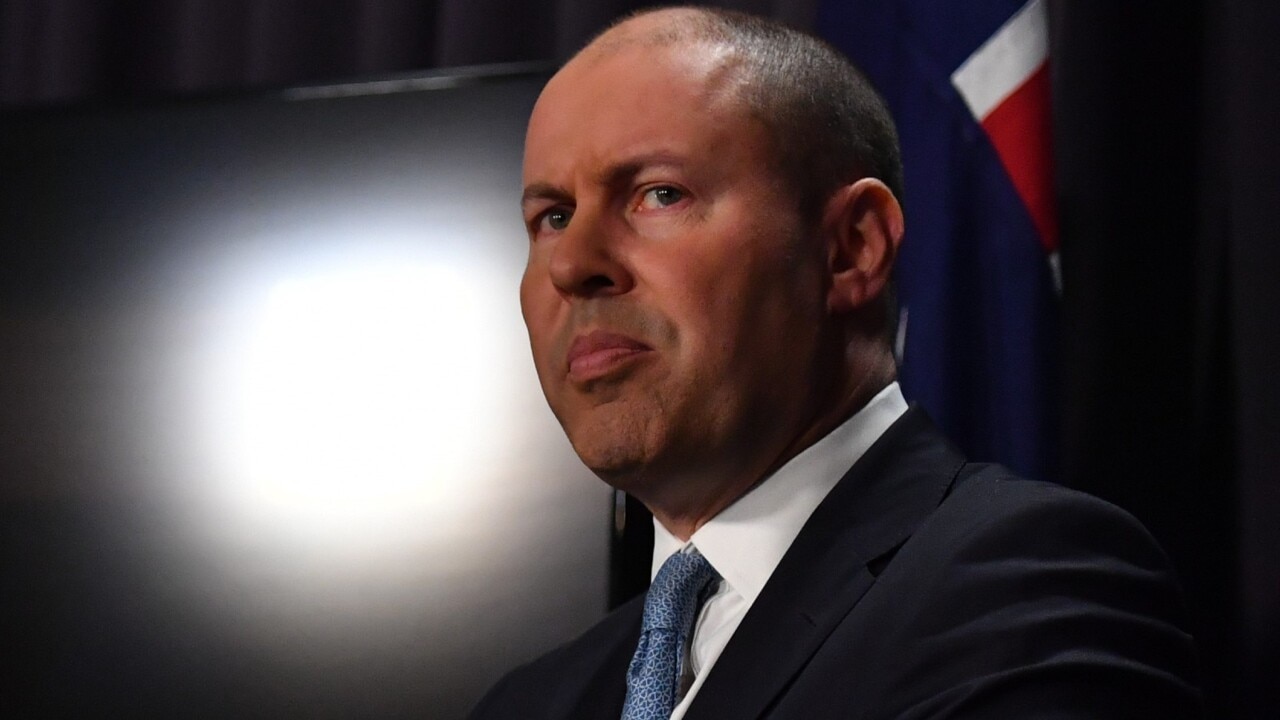
It is no surprise that the popular Treasurer has visited Higgins and Chisholm in Victoria; Wentworth in North Sydney, Lindsay, Bennelong and Banks in NSW, and; Pearce, Swan, Curtin and Hasluck in Western Australia, among other seats, in recent weeks.
“I am one of many campaigners for the Liberal Party across these seats but as the Treasurer I can speak to a lot of the economic issues being debated in these electorates and also to the economic benefits we are delivering through our policies,” Frydenberg says.
The Coalition’s climate change commitments were ridiculed by one of its own this week, maverick Queensland senator Matt Canavan, who declared the net-zero emissions by 2050 policy “dead”. It was not welcomed by moderate Liberals. Frydenberg responded sharply, saying net-zero emissions was a “non-negotiable commitment by the Coalition”.
The economy and national security are the central campaign issues for the major parties. Frydenberg sees them as inexorably linked and says Australia will have to invest more in national security and defence capability in coming years given an unstable region, as evidenced most recently with Solomon Islands signing a security pact with China. In a fusion of both economic and national security policy, Frydenberg gave a blunt warning to voters that Australia must take responsibility for its own defence and security.
“Our most important ally is our strongest ally and that is the US, who we share values and histories with, and we are deepening that relationship with AUKUS,” he says. “We are investing more in aid, our budget is over $4bn a year, but it’s on defence and national security where we are going to have to continue to double down.
“More of the budget will need to be spent on national security and defence in coming years and that will require our economy to grow to put us in a position where we can meet those national security obligations. Only with a strong economy can you underwrite the defence force that Australia needs to protect ourselves in a more vulnerable world.”
Frydenberg cautions Australians contemplating supporting an independent candidate that it is a risk the nation can ill-afford at a time of economic challenges at home and security dangers from abroad. “Australia has seen the chaos of minority government before,” he argues. “At a time when our country faces a real and present danger, and rising national security threats, and the need to strengthen our economy, we don’t need the instability of a hung parliament. We need the stability of clear government.”


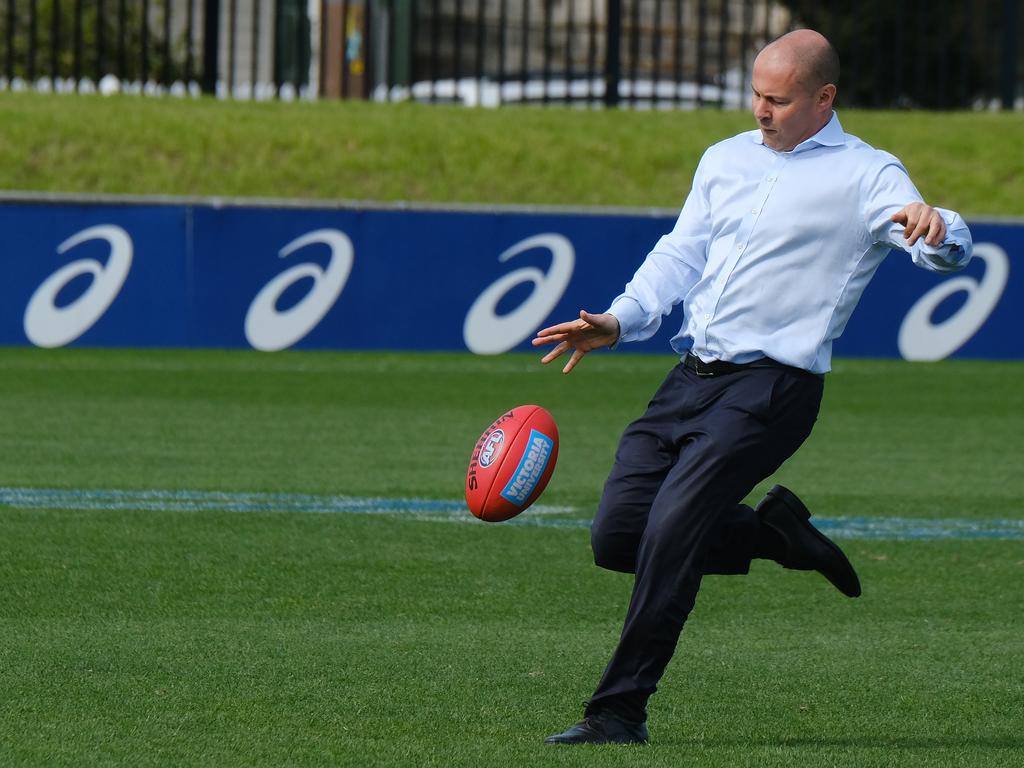
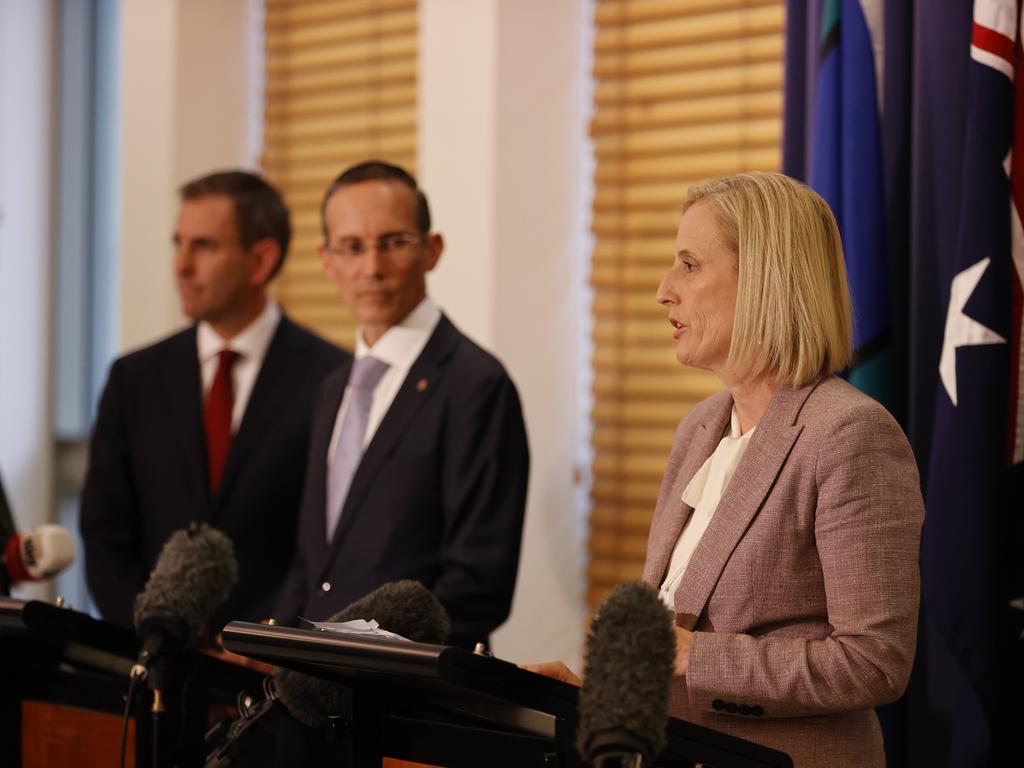
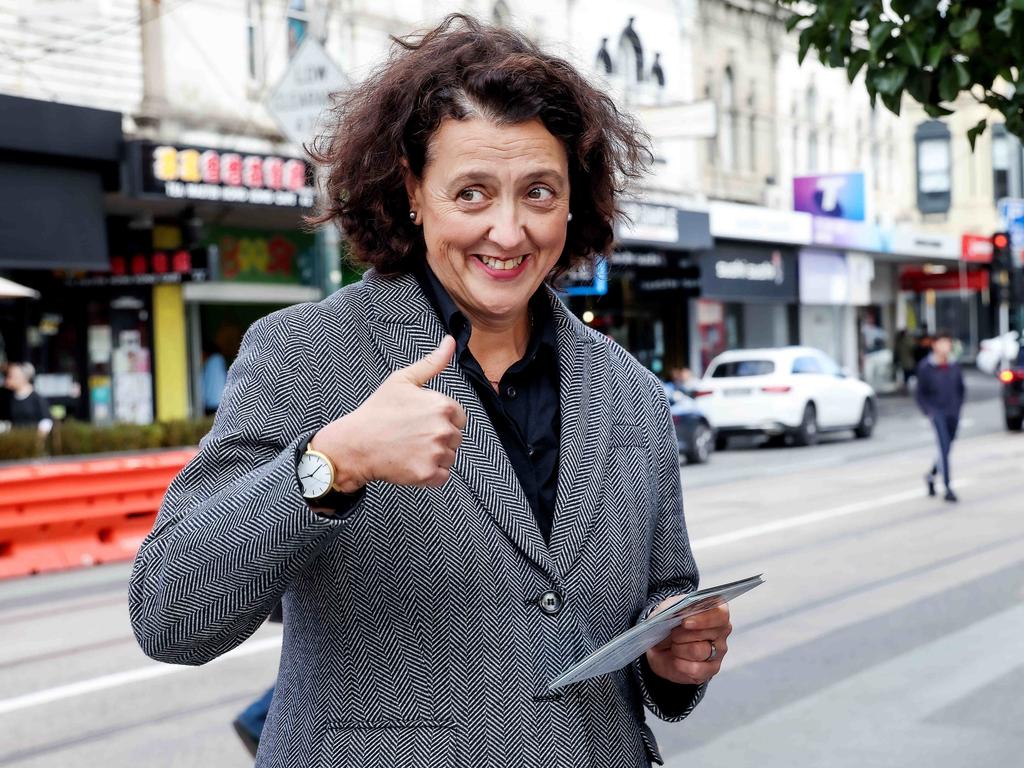
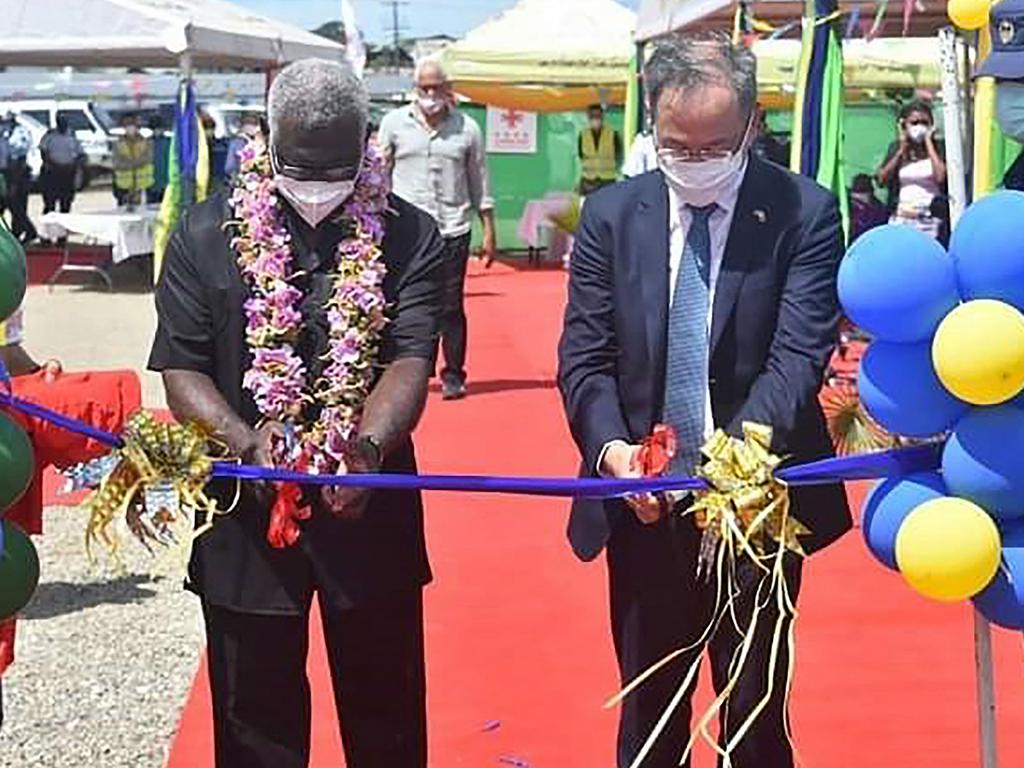
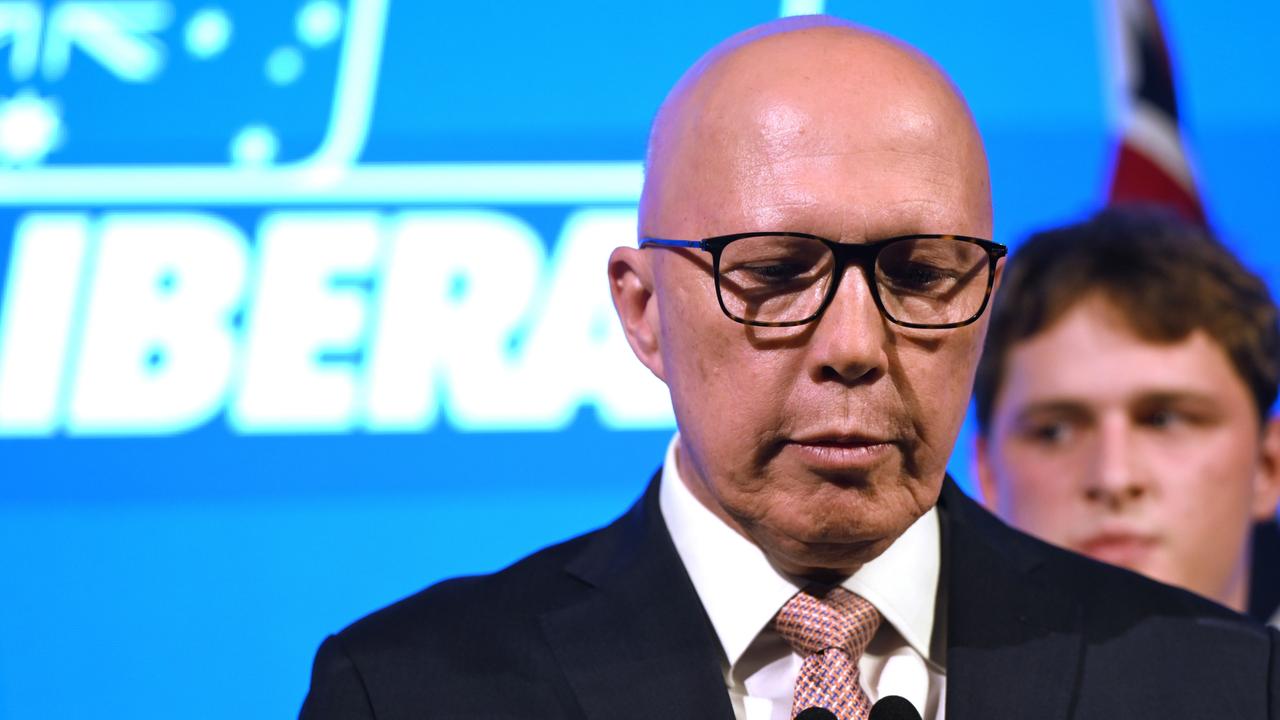
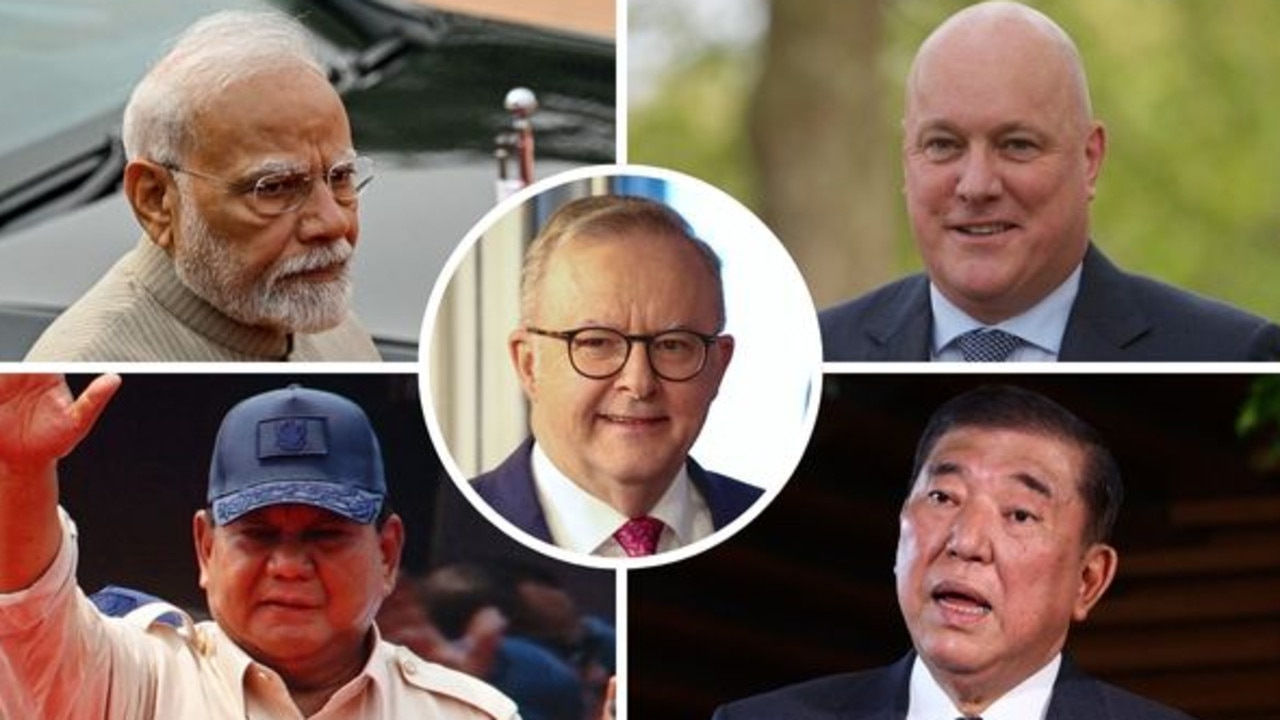
Josh Frydenberg is fighting the election on three fronts: campaigning to keep his blue-ribbon Liberal seat of Kooyong; waging a battle on economic policy on behalf of the Coalition against Labor, and; crusading to help save the seats of Liberals around the country under assault from independents.